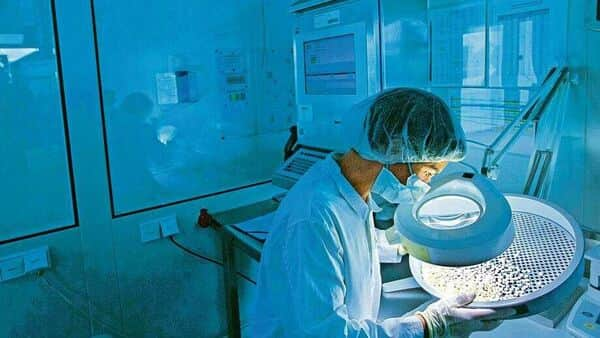
Last month, Alphabet’s artificial intelligence subsidiary, DeepMind, stunned the world of science by presenting something truly spectacular: a snapshot of nearly every existing protein on Earth— 200 million of them. This feat of machine learning could speed the creation of new drugs. It has already upended my own scepticism about the role AI can play in the pharmaceutical industry.
AlphaFold, DeepMind’s protein structure program, is impressive because it reveals so much fundamental information about living organisms. Proteins are the building blocks of life, after all, and as such they are essential to life and to the development of medicines. Proteins can be drug targets, and they can themselves be drugs. In either case, it is important to know the intricate ways in which they fold into various shapes. Their coils, floppy bits, hidden pockets and sticky patches can control, for example, when a signal is sent between cells or if a process is turned on or off. Until now, capturing an image of a protein has required painstaking work lasting anywhere from days to months to years.
Since the early 1990s, scientists have been trying to train computers to predict a protein’s structure based on its genetic sequence. AlphaFold had the first taste of success in 2020, when it correctly predicted the structures of a handful of proteins. The next year, DeepMind put on its server about 365,000 proteins. Now, it’s put the entire universe of proteins up for grabs—in animals, plants, bacteria, fungi and other living things. All 200 million of them. Much as the gene-editing tool Crispr revolutionized the study of human disease and the design of drugs to target genetic errors, AlphaFold’s feat is fundamentally changing the way new medicines can be invented.
